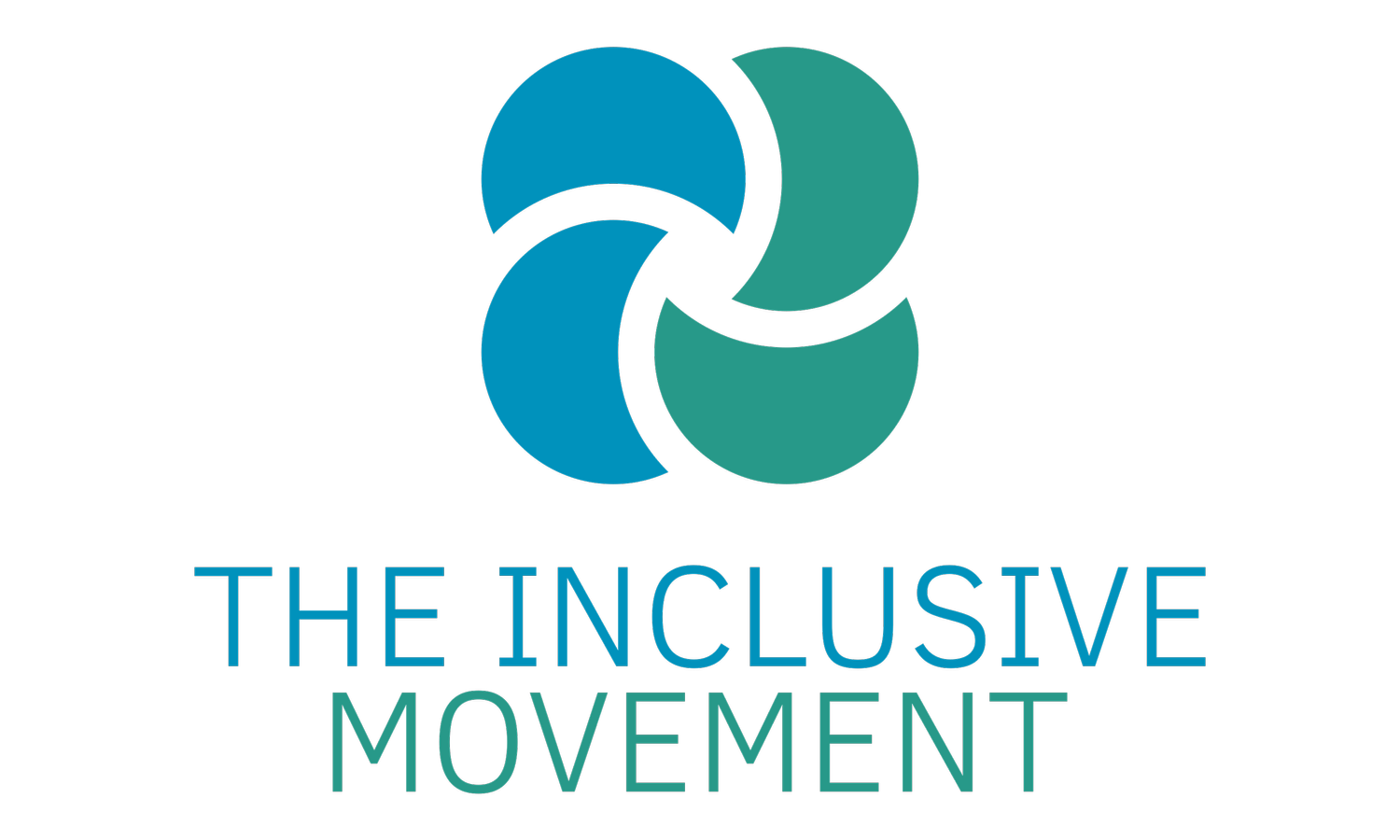Decoding the NDIS: What Does Reasonable and Necessary Actually Mean?
If you’ve ever tried to understand the NDIS, chances are you’ve come across the phrase “reasonable and necessary” more times than you can count. But what does it actually mean? And how does it shape the types of supports and services that get funded?
Whether you’re a participant, family member, support worker or professional, understanding the “reasonable and necessary” criteria can help you advocate with confidence and clarity. Let’s break it down in inclusive, human-first language.
What Does Reasonable and Necessary Mean?
In simple terms, the NDIS will only fund supports that are both reasonable and necessary for a person with disability to:
Pursue their goals
Increase independence
Take part in daily life and the community
Improve their wellbeing
But here's the key: these supports must relate directly to a person’s disability and be seen as something that any fair and supportive society would provide.
It doesn’t mean the support has to be the cheapest or the most basic. It also doesn’t mean you need to “prove” how difficult things are to get help. The aim is to provide what’s fair, empowering and helpful for you – based on your needs, goals and context.
How Are Decisions Made?
NDIS planners and decision-makers consider several key questions when deciding whether something is “reasonable and necessary.” These include:
Is the support related to your disability?
It must help manage the impact of your disability or support you to do things that might otherwise be difficult. The NDIS cannot fund everyday items, that those without disability would also purchase as an everyday expense.
Does the support help you pursue your goals?
This includes goals like improving communication, finding work, joining community groups, building friendships or gaining independence.
Is the support value for money?
This doesn’t mean choosing the cheapest option, but rather that the support is effective and offers good outcomes compared to alternatives.
Is the support something that should be funded by the NDIS – or another service?
If the support is usually the responsibility of mainstream systems like health, education or transport, the NDIS may not fund it.
Is the support likely to be effective and beneficial?
It should be based on evidence, lived experience or trusted professional advice.
Does the support uphold your informal supports (like family or carers) rather than replace them completely?
The NDIS complements, but doesn’t take over, the support provided by loved ones.
Common Examples of What’s Funded
Here are some examples of supports that often meet the reasonable and necessary criteria:
Therapies such as occupational therapy, speech therapy, developmental education, psychology, behaviour support, physiotherapy etc.
Assistive technology like wheelchairs, AAC devices, low cost equipment, or modified cutlery
Support workers to help with personal care, social outings, appointments, or developing daily living skills
Capacity-building supports like skill development programs, peer mentoring, emotional regulation tools, or inclusive group programs
Home modifications to make your space safer and more accessible
Transport assistance when public transport isn’t an option due to disability-related reasons
What’s Not Usually Funded?
To avoid frustration, it’s also helpful to know what may not be funded by the NDIS:
Anything not related to your disability (e.g., general household expenses or lifestyle items)
Supports that are the responsibility of other government services, like schooling, Medicare-funded health care or housing programs
Day-to-day living costs like rent, groceries, utilities, or gym memberships (unless it’s part of an approved therapeutic plan)
Supports that are unsafe, illegal or unethical
But if you’re unsure, it’s always okay to ask. Sometimes what seems “not allowed” may actually be reasonable if it’s connected to your unique support needs.
Real-Life Example: What It Can Look Like
Zara is a 10-year-old autistic girl who experiences sensory sensitivities and communication differences. She loves animals, finds crowded places overwhelming, and struggles with transitions.
Her NDIS plan funds:
Weekly developmental education sessions focused on regulation and social participation
Access to a sensory play kit and noise-cancelling headphones
A support worker to attend a local art group and horse riding lessons
A visual communication system used at home and in the community
All of these were considered reasonable and necessary because they:
Support her sensory and communication needs
Help her engage with her community and interests
Are tailored to her goals and lived experience
Tips for Advocating for Supports
Link the support to your goals in your NDIS plan
Gather supporting evidence (reports, letters, assessments)
Explain the why behind the support – how does it help you participate, grow or feel safe?
Use real-life examples of what happens with and without the support
Stay person-centred: this is about your life and your way of doing things
Final Thoughts: You Are the Expert of Your Life
Navigating the NDIS can feel overwhelming, especially when faced with complex language or confusing decisions. But remember – you are the expert in your own life (or your child’s). Your experiences matter. Your voice matters. And supports that help you live a good, connected, and safe life are never too much to ask for.
If you need support understanding your plan, preparing for a review, or advocating for reasonable and necessary supports, The Inclusive Movement is here to help.
👉 Contact us today or check out our Inclusive Training Hub for more resources and upcoming workshops.
